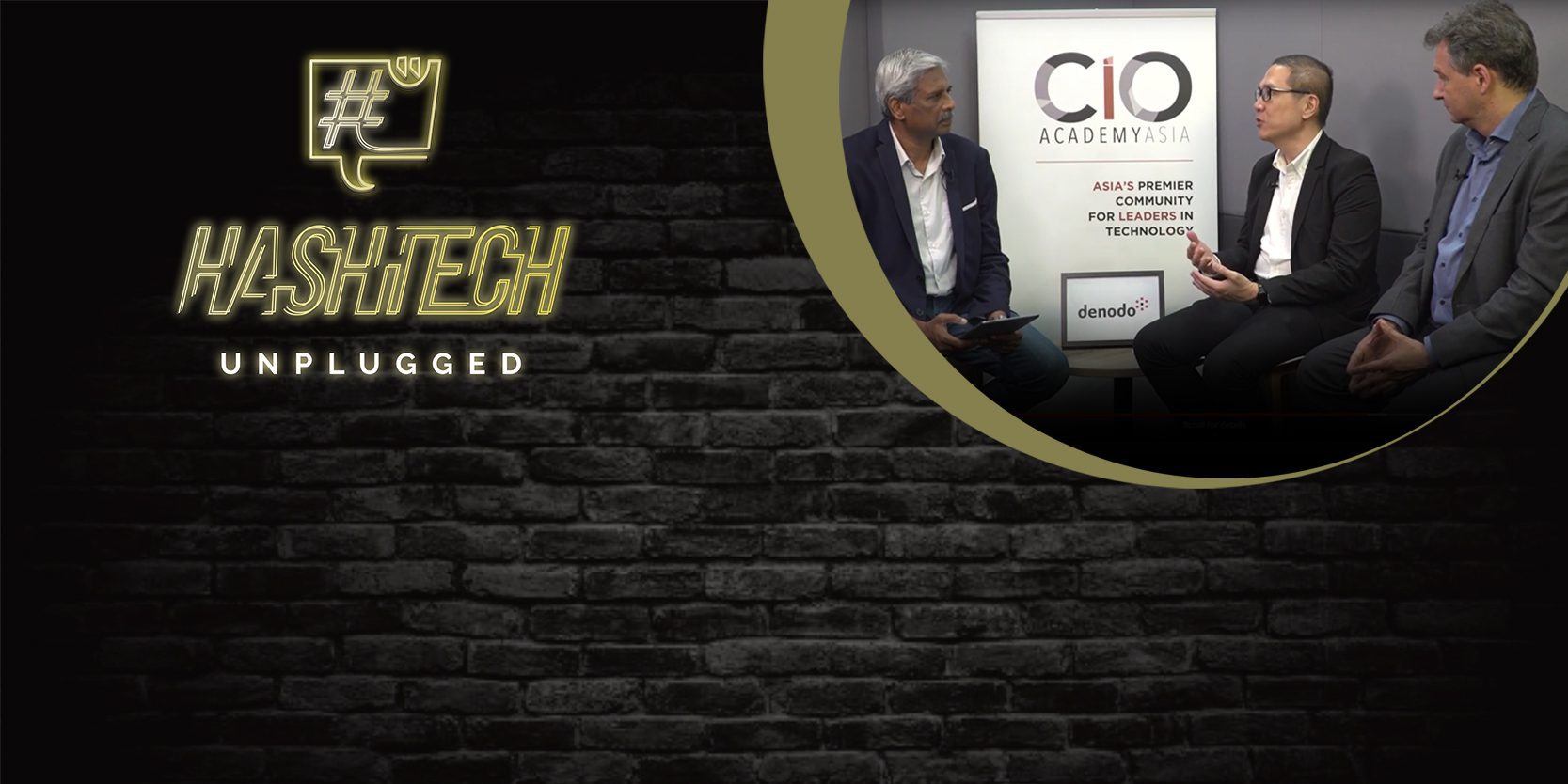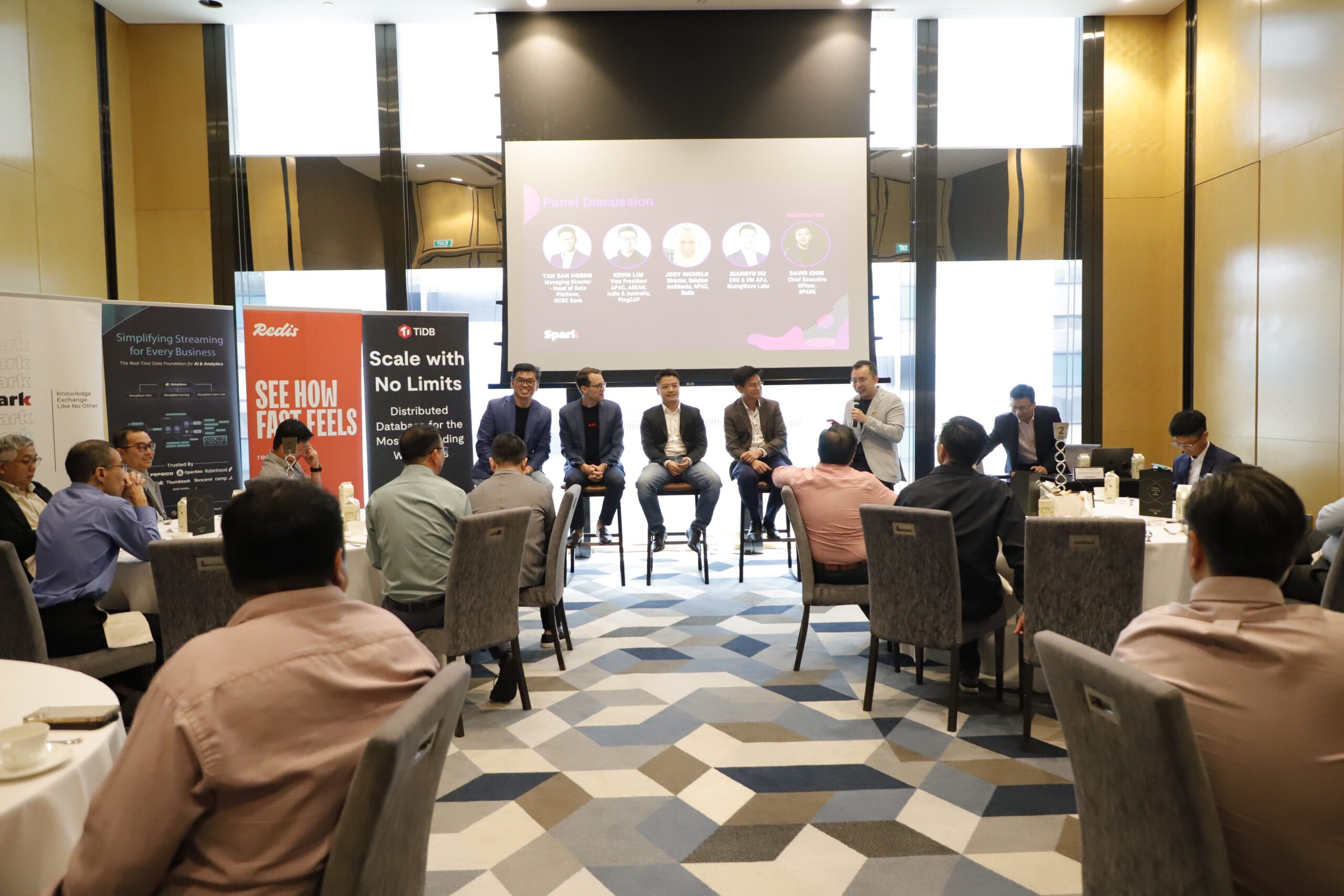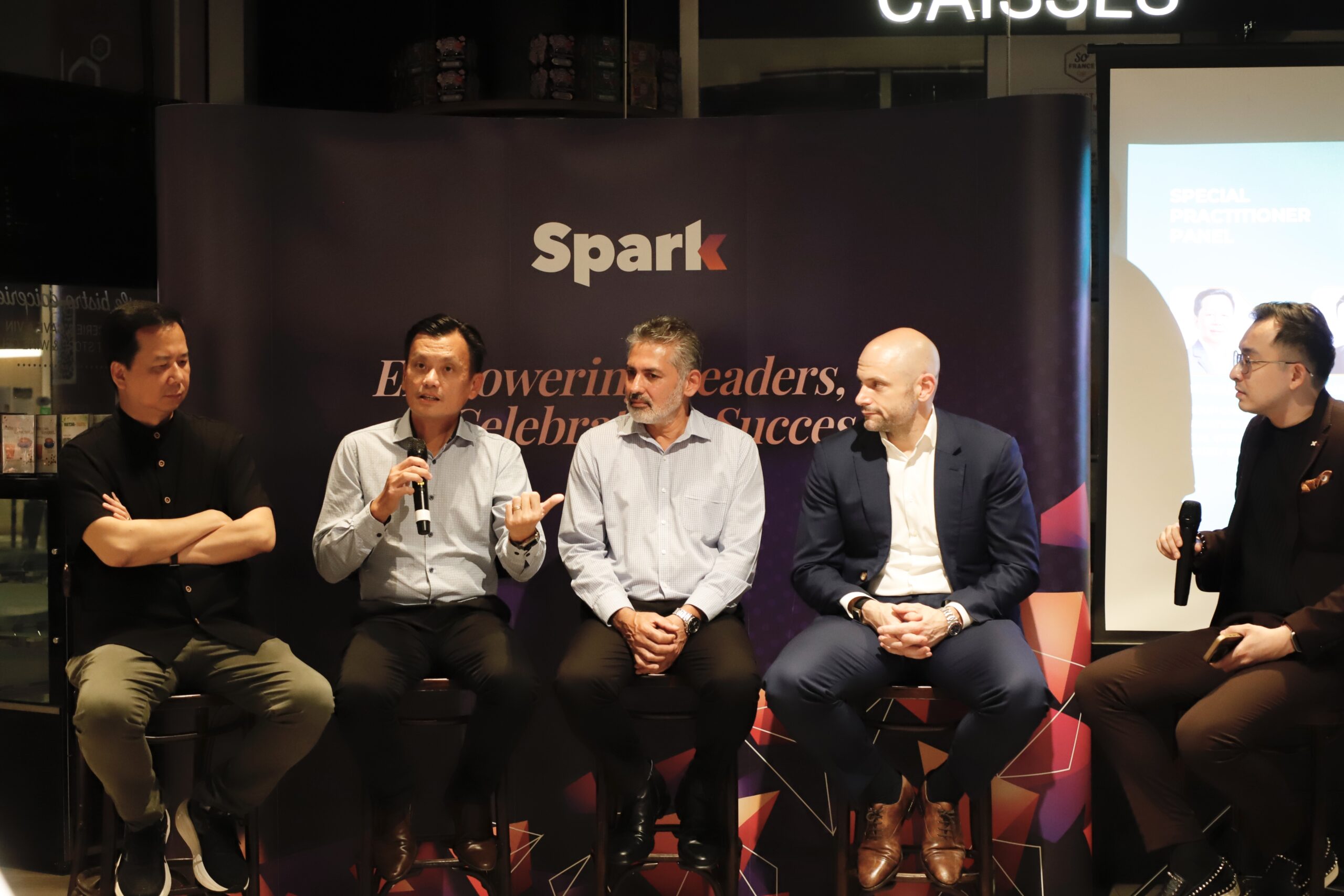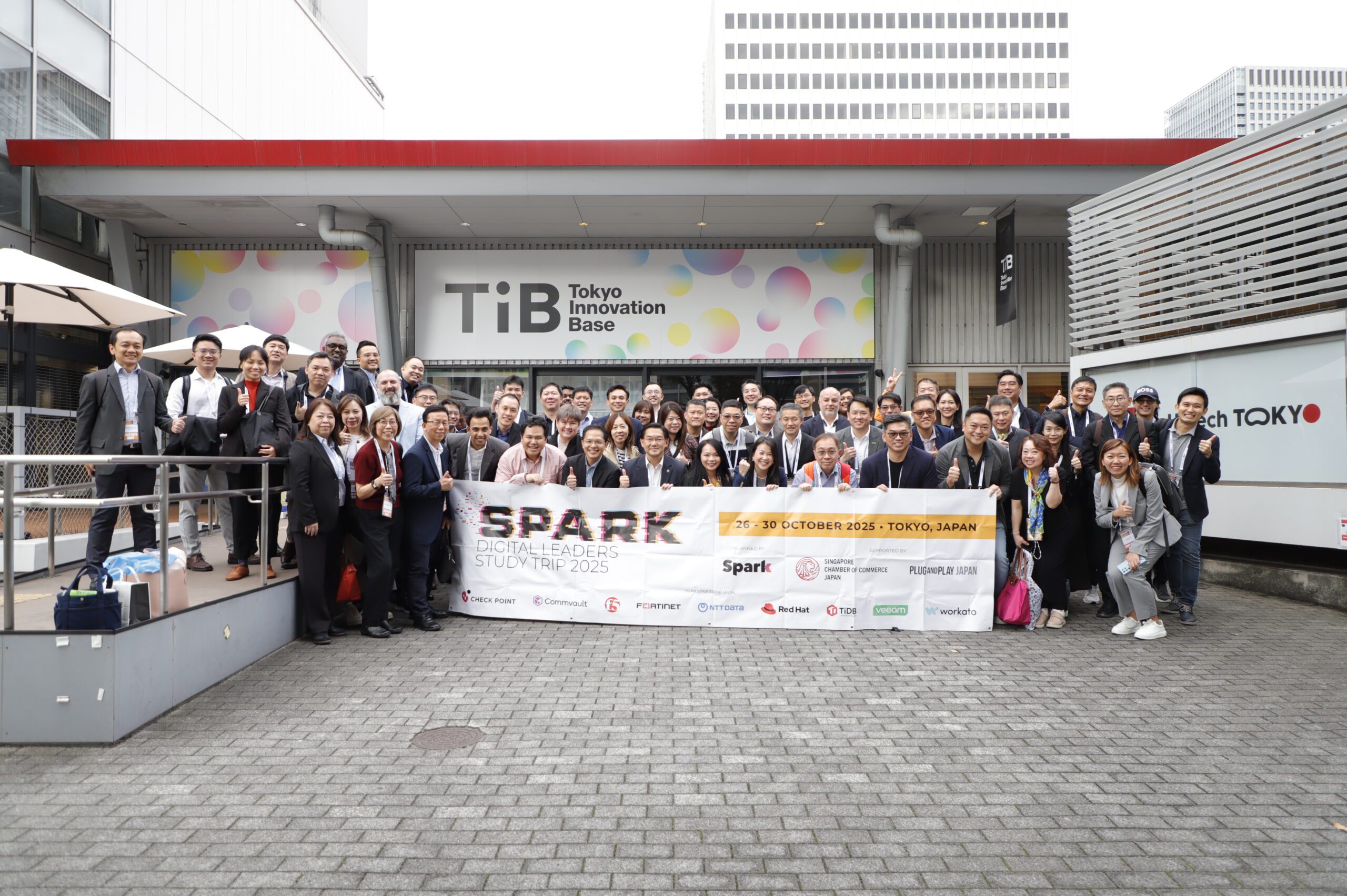#HASHTECH Unplugged!
Transforming Your Data Management Strategy for Greater Business Agility
Special Interview with:
Paul Loke, Director, Technology & Chief Information Officer, Accountant-General’s Department, and Alex Hoehl, Senior Director Business Development, APAC, Denodo
In a world hit by unanticipated fast-moving changes, a coherent data management strategy is vital to ensuring that businesses respond with agility. In this edition of #HASHTECH Unplugged!, CIO Academy Asia CEO P. Ramakrishna discusses the practical approach to data management with two seasoned tech leaders with rich practitioner insights in making data count.
From data fragmentation to data analytics
In Singapore, the Accountant-General’s Department (AGD) handles the payments and payrolls for the Singaporean civil service.
“Bringing together the data from different agencies under one major platform for purposes of analytics and trend forecasting was a tough challenge,” said Paul Loke, AGD’s Director, Technology & Chief Information Officer. “Over the years, each government agency had developed its own financial and payroll systems in silos, resulting in data fragmentation.”
“We needed the right technology to solve our business pain points. To this end, we asked how technology could facilitate our digital transformation. We looked at existing and new technologies with the intention of bringing data analytics to all public service agencies in Singapore. This technology would allow for a data-driven paradigm to take place by bringing in a financial analytics platform which could be leveraged,” he added.
Integrated data delivered on-demand with data virtualisation
Data fragmentation is not unique to the public sector. As the types of data and its volume increases, data virtualisation has emerged as a solution using an on-demand approach to data integration, management, and delivery.
“The fundamental concept of traditional data integration techniques like ETL is based on making copies of existing data for the purposes of transformation,” explained Alex Hoehl, Senior Director Business Development, APAC, Denodo. “However, in the last 10 years, we have seen huge changes in the way we generate data. In addition to conventional structured data, we are now getting unstructured data in the form of streaming data, IoT data, social media data, and others. At the same time, data volume has increased significantly. The traditional process of replicating the data is not efficient now as the speed of data produced is faster than the rate at which it can be copied.”
Data virtualisation takes a very different approach. Data virtualisation leaves the data at its source and only delivers the data to the consumer when it is required – it is basically an on-demand data delivery technique.
“In layman’s terms, traditional data integration technology is like moving the ocean to get a glass of water, whereas with data virtualisation, you fetch just the glass of water at the moment when you need it,” said Alex.
The data virtualisation layer also makes it possible for organisations to modernise their data infrastructure without having to give up their existing investments. Enterprises can easily and rapidly add new data sources as well as self-service capabilities, security and governance for better data protection and higher productivity.
COVID-19 Accelerates Digital Transformation Efforts
Loke believes that mindset shifts and agility will be required in using data to deal with the sudden digital workplace changes we face today.
“The situation changes so rapidly that there is no way to predict what is going to happen, but crisis also presents an opportunity for transformation. It forces us to look at the way we work not just in our organisation, but across the world,” said Loke.
Watch the full interview to learn more, including how AGD uses Robotic Process Automation (RPA) to process large volumes of data, Denodo’s role in helping its clients balance their new and existing data infrastructure models, and recommendations on building a strong data management foundation.
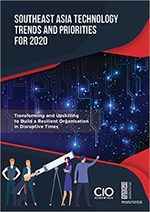 The Southeast Asia Technology Trends & Priorities for 2020 Report, published by CIO Academy Asia in collaboration with the Lee Kuan Yew Centre for Innovative Cities at SUTD, is now available for download.
The Southeast Asia Technology Trends & Priorities for 2020 Report, published by CIO Academy Asia in collaboration with the Lee Kuan Yew Centre for Innovative Cities at SUTD, is now available for download.
Visit here to get your copy

